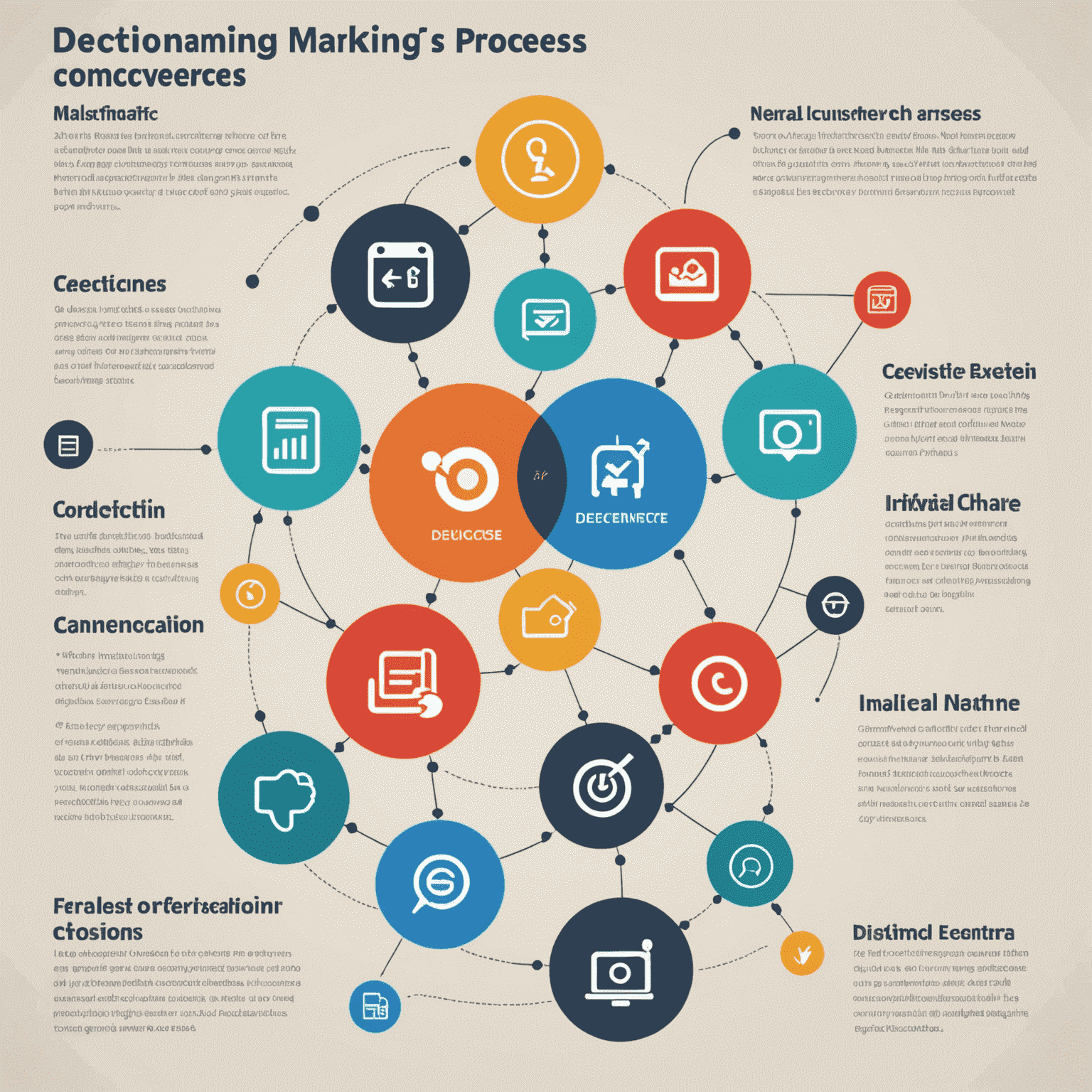The Psychology of Convenience: Why It Matters More Than We Think

In today's fast-paced digital world, convenience has become more than just a luxury—it's a psychological necessity that shapes our daily choices and overall satisfaction with products and services.
The Cognitive Ease of Convenience
When we encounter user-friendly interfaces and intuitive user experiences, our brains respond positively. This cognitive ease reduces mental strain and makes us more likely to engage with and trust digital platforms. Modern web interfaces that prioritize convenience tap into this psychological principle, creating a seamless connection between users and technology.
The Impact on Decision Making
Convenience plays a crucial role in our decision-making process. Easy-to-use designs and convenient online services often trump other factors when we choose between digital platforms. This psychological preference for simplicity underscores the importance of focusing on website usability and intuitive design in modern web platforms.

Building Trust Through Convenience
There's a strong correlation between convenience and trust in digital environments. When users encounter interfaces they can trust—those that are easy to navigate and understand—they're more likely to form positive associations with the brand or service. This psychological connection highlights why convenience matters more than we think in establishing long-term user relationships.
The Role of UX/UI Best Practices
Implementing UX/UI best practices is not just about aesthetics; it's about aligning with users' psychological needs for convenience. By creating modern web interfaces that prioritize usability, we're actually catering to deep-seated psychological preferences for efficiency and ease of use.
Convenience and Satisfaction
The psychology of convenience extends beyond the moment of use. When digital experiences are consistently convenient, it leads to higher overall satisfaction. This satisfaction reinforces positive behaviors, encouraging users to return to platforms they find easy and enjoyable to use.

Conclusion: The Power of Convenience
Understanding the psychology of convenience is crucial for anyone involved in creating digital experiences. By prioritizing user-friendly interfaces and focusing on intuitive design, we can create digital platforms that not only meet users' functional needs but also align with their psychological preferences. In the world of digital experience design, convenience isn't just a feature—it's a fundamental aspect of how users interact with and perceive technology.